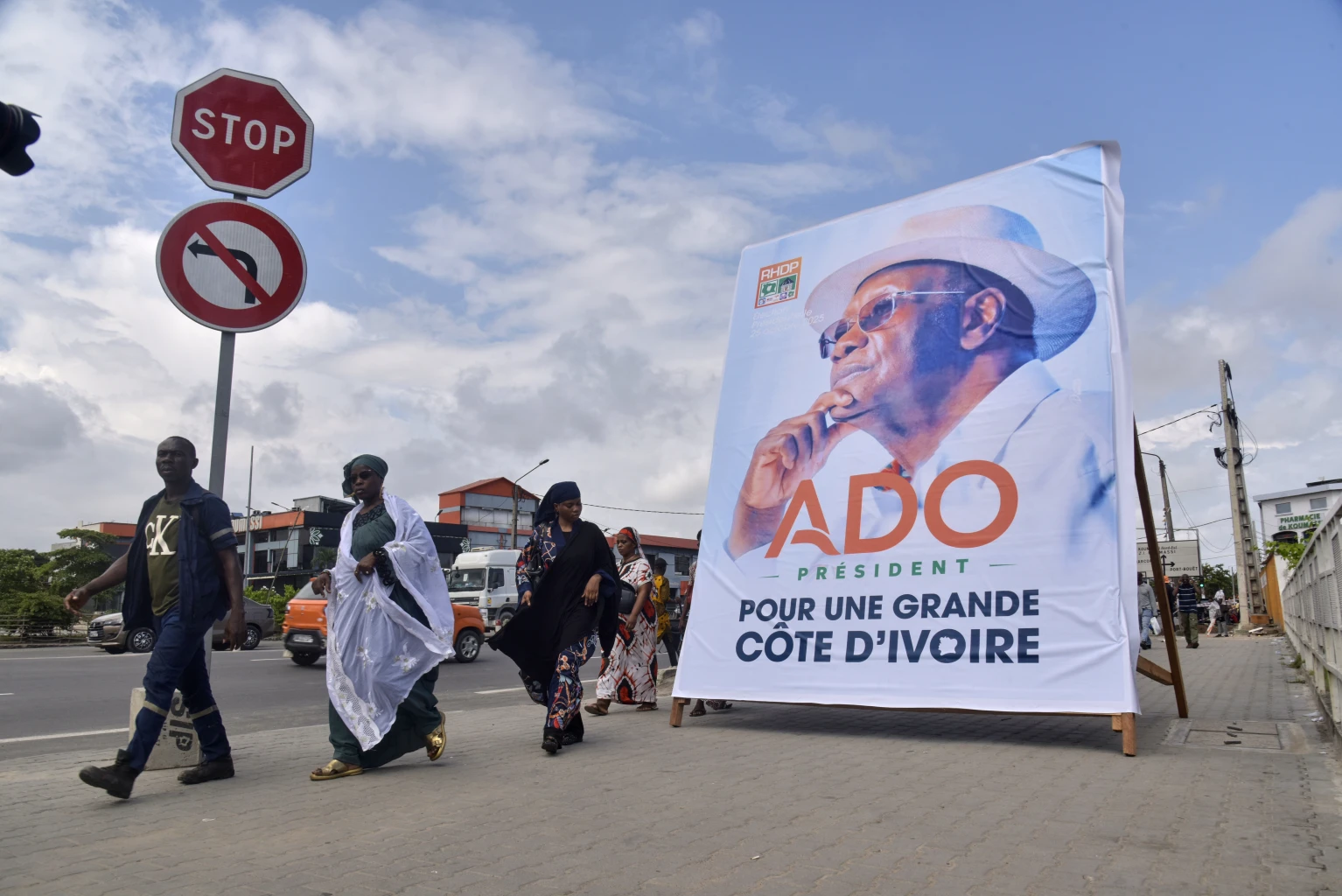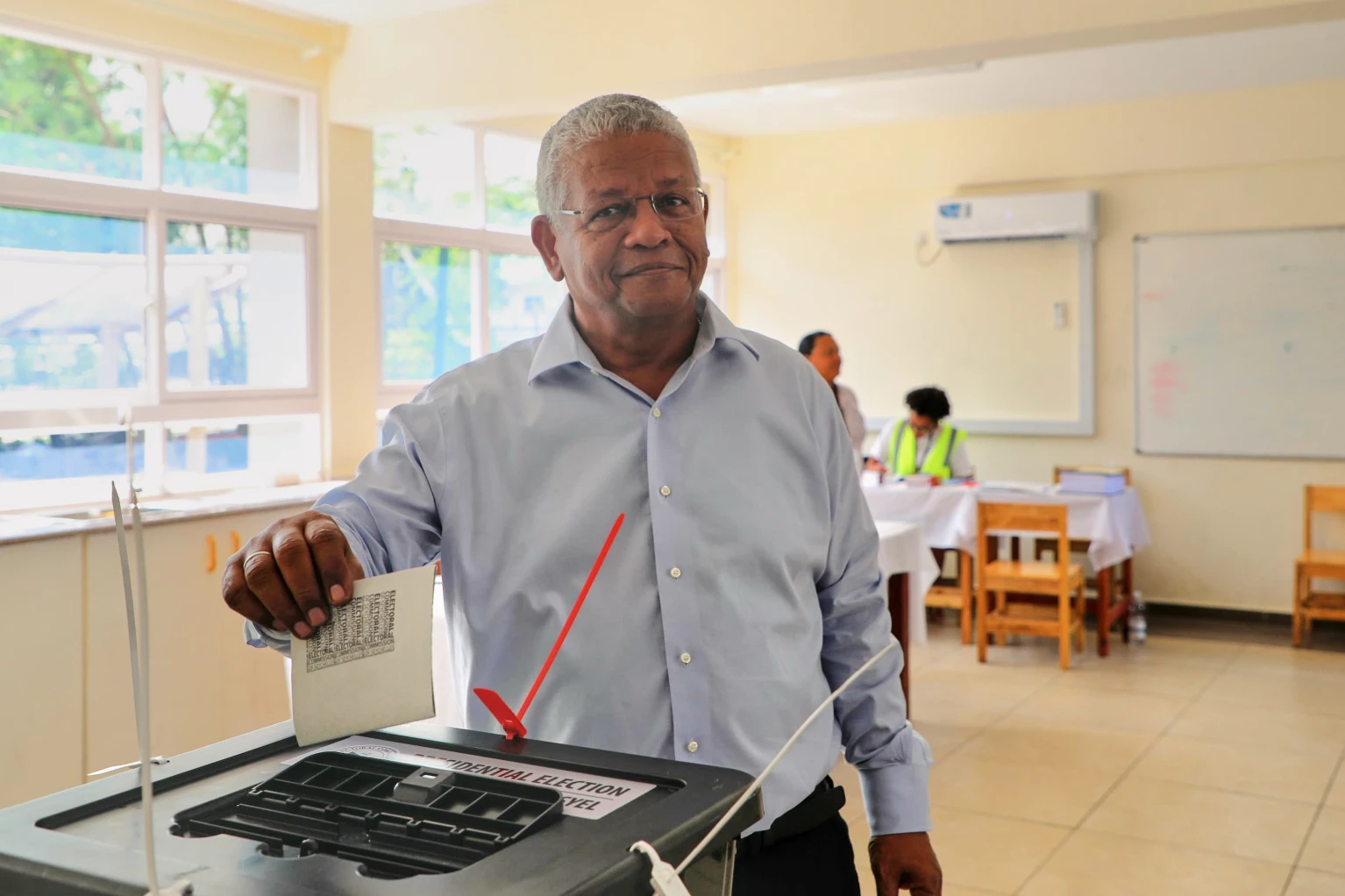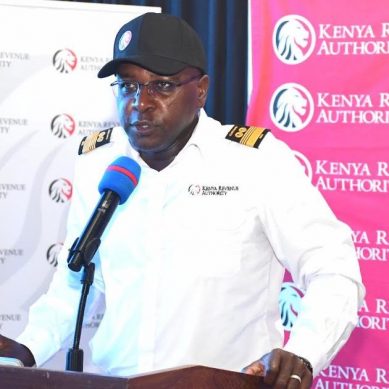Rethinking environment: Why Uganda’s diverse ecologies face extinction in absence of informed management and conservation
Few environmental managers are aware that time is an integral component of the environment. They are also unaware that the environment is more than the physical environment (the ecological-biological) and include the socio-economic dimension, the socio-cultural dimension and the socio-cultural dimension (which includes the sociopolitical perspective).
Uganda became a ‘thinking desert’ when command-order pedagogism robbed education of reasoning
One thing is true! Students who have been exposed to interdisciplinary, crossdisciplinary, transdisplinarity and extradisciplinary teaching and learning are able to evaluate complex problems and to suggest solutions to them. As Sudderth has surmised, interdisciplinarity supports critical thinking by helping students to understand multiple viewpoints, evaluate conflicting perspectives and build structural knowledge (Oweyegha-Afunaduula, 2023, 2023). They have advanced critical thinking and reasoning skills.
Uganda’s political pastors aspire to the heaven in State House where eternity awaits them with Museveni
Presidentialism is a vice because the holder of the title of president is in everything small and big and exudes fear personally and officially, and is also fearful of everything, including the people he rules. He takes the people as enemy number one of the state but uses authoritarian populism to create the impression that is for them while doing everything within his power to undermine the various types of democracy and democratisation in all dimensions to enhance his personal power, influence and wealth. He frequently presides over the making of policies and laws that disempowers and impoverish the people and weaken state institutions.
SADC cannot sit back and watch Mozambique descend into abyss, Maputo must called to order
Realising polls could be manipulated without any consequences besides opposition cries and electoral observer group criticism, FRELIMO stepped up the election fraud. In the 2023 local elections, FRELIMO mayors were declared winners in 64 out of 65 municipalities, leading to a major revolt by the opposition that lasted over 40 days.
Climate change: World meets in Baku as Uganda grapples with scourge of environmental refugees
A time or temporal dimension of the environment does exist so that we can talk of four dimensions of the environment (the ecological-biological, the socioeconomic, the sociocultural and the temporal). However, the dimensions are not mutually exclusive but are mutually inclusive. Some causes of refugee migrations are a result of interactions of the phenomena occurring in the dimensions of the environment.
How ‘gun and violence democracy’ flourished in Uganda, suffocated popular forms of governance
Some leaders combine demagoguery with force, as did happen in 2017 and 2024 in Ugandan parliament when President Tibuhaburwa Museveni wanted Age Limit Bill and Coffee Bill respectively passed. Indeed, in the visons of Socrates and Plato, demagoguery constitutes a grave danger to the security and prosperity of a democratic society (Stefan, 2023).
To some Kenyans, Raila has already lost AUC chairmanship before a vote is cast but numbers tell a different story
Early indications are Raila is going to have roller-coaster. I would not be surprised if the Djiboutian pulled out of the race and supported Raila. The odds are against him and he is aware of the sheer force of numbers the Kenyan candidate commands.
Is Uganda a failed state? President Museveni, its high priest of interest politics thinks so, blames it on allegiance on ethnonationalism
In the recent past, we heard of some workers of State House forging the president’s signature, defrauding the country and even appointing and disappointing people using the forged president’s signature. seem people think this an indication of state failure. To be useful institutions must work and succeed each other sustainably. Let me say something about the ecology of institutions.
Museveni’s neoliberalism fantasy simply means transactionalism that explains how Uganda is a structured society of slaves and masters
In Uganda, investment in education, health and agriculture – the social areas – has plummeted over the decades, thanks to transactional leadership and transactional politics. There is nothing transformational about these multi-pronged phenomena.
With East Africa more vulnerable to climate swings, governments should now give priority environmental security
If the right to the 10 types of justice they mentioned exist, the right to natural justice, climate justice, environmental justice, environmental cooperation, environmental peace and environmental diplomacy also exists.














